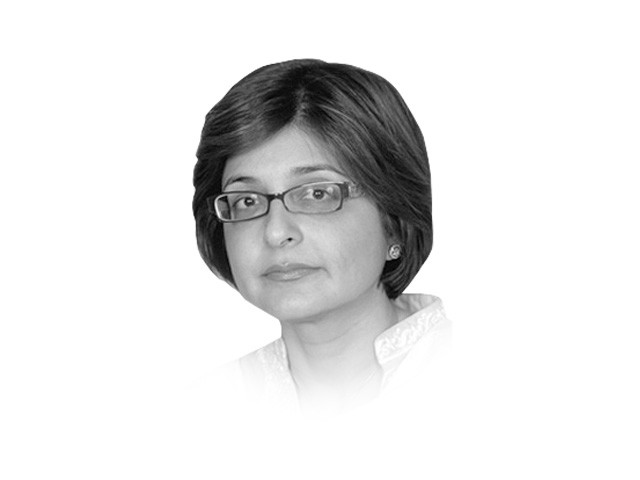Visualising a tolerant Pakistan
The contrived and Islamist Quaid of Pakistan’s current textbooks never existed.

Visualising a tolerant Pakistan
Here are those words: “We should begin to work in that spirit and in course of time all these angularities of the majority and minority communities, the Hindu community and the Muslim community, because even as regards Muslims you have Pathans, Punjabis, Shias, Sunnis and so on, and among the Hindus you have Brahmins, Vashnavas, Khatris, also Bengalis, Madrasis and so on, will vanish. You are free; you are free to go to your temples, you are free to go to your mosques or to any other place or worship in this state of Pakistan. You may belong to any religion or caste or creed, that has nothing to do with the business of the state.”
According to the Quaid, “…you will find that in course of time, Hindus would cease to be Hindus and Muslims would cease to be Muslims, not in the religious sense, because that is the personal faith of each individual, but in the political sense as citizens of the state.”
When Quaid-e-Azam Muhammad Ali Jinnah and those who worked with him to create a homeland for the Muslims of India began their quest for Pakistan, did they have second thoughts about where they were heading? Or, is it just a tragic consequence that we lost our guide, our leader so soon and lost our way?
Having grown up in a family where Mr Jinnah was known personally, his vision was what propelled us towards this new, brighter future in a land unknown to us. The contrived and Islamist Quaid of Pakistan’s current textbooks never existed. It is nothing less than a tragedy that in post-Ziaul Haq Pakistan, youngsters appear to have been brainwashed with an image of the founding father that has nothing to do with reality.
Jinnah did not only have the ability to tolerate, but also to listen and absorb different views. Among Mr Jinnah’s closest friends, advisors and members of our first cabinet were Hindus, Parsis, Ahmadis, Sunnis, Shias and Christians. Pakistan’s first law minister was a Hindu — Jogendra Nath Mandal. And, it was not tokenism in any form.
Some Pakistanis push for the promotion of a ‘soft image’ for Pakistan through fashion shows and the extravagant entertainment of visiting dignitaries. The reality for vast segments of our population, especially those who are not Sunni Punjabi Muslim males is very different. The unwillingness to address the real concerns of our citizens and to mask it in a cloak of hyper-nationalism is extremely unsettling.
Pakistan’s less powerful communities like the large Shia population, is being steadily targeted. Whether it is Shia doctors and other professionals being killed one by one — while the rest collect their families and leave their homeland for safer grounds — or the poor and voiceless Christian communities, the Hindus of Sindh or our Ahmadi brothers and sisters, none should be forgotten.
The nation must wake up and wake up soon. We have to make choices. Today, our youth has seen more military dictatorships than democracy. The interrupted democracies of Pakistan and their subsequent demonisation by our establishment and our ‘free media’, are undermining the pluralist ideals of our founding fathers.
True democracy is not just about the right to vote. The freedom of the polity to be safe, to express itself freely and ultimately to be equal, if not in number, then as citizens, is the essence of the democratic ideal for which Pakistan was created.
Mob politics and the daily lives of our citizens suffering under the gun of militant groups cannot lead to a happy future for our country. We need to envision a future that is closer to the founders’ aspirations than what has been built by those who lost the way.
Published in The Express Tribune, July 14th, 2012.















COMMENTS
Comments are moderated and generally will be posted if they are on-topic and not abusive.
For more information, please see our Comments FAQ